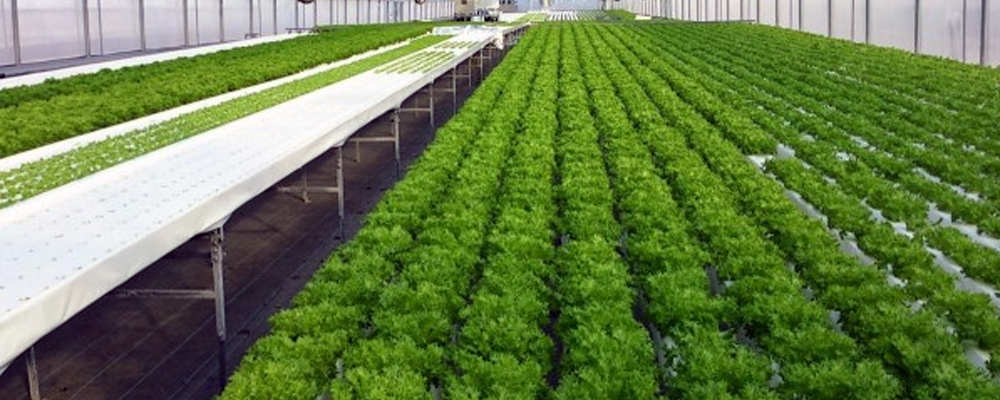
Growing Soilless
Today India needs a certain level of food security that entails that people at all times have physical and economic access to safe and nutritious food.
Agriculture currently uses 90% of the total fresh water consumed in the India and 60 percent of it, worldwide. A water scarcity crisis currently plagues every continent. Lack of water for agriculture leads to production of lesser food which implies an increase in levels of hunger and malnutrition.
 Some studies estimate that crop yields must double by 2050 to meet the projected demands. Scientists, however, warn that it will not happen if current trends continue. In the past we have cleared forests and grasslands to promote agriculture. This has led to grave environmental consequences.
Some studies estimate that crop yields must double by 2050 to meet the projected demands. Scientists, however, warn that it will not happen if current trends continue. In the past we have cleared forests and grasslands to promote agriculture. This has led to grave environmental consequences.
Traditional methods cannot meet the growing demands and there is a desperate need for a technology in agriculture that can contribute towards saving water and have a positive impact on food production and availability.
 An innovative approach that warrants attention in this context is hydroponics. Hydroponics is a one the methods of soil-less cultivation. It is defined as growing plants in a soil less and controlled environment using mineral nutrient solutions. While it sounds like magic, it is a real technology that you can adopt in cultivation and it has potential for strong commercial gains as well!
An innovative approach that warrants attention in this context is hydroponics. Hydroponics is a one the methods of soil-less cultivation. It is defined as growing plants in a soil less and controlled environment using mineral nutrient solutions. While it sounds like magic, it is a real technology that you can adopt in cultivation and it has potential for strong commercial gains as well!
Hydroponics has many advantages, the foremost being that soil is not needed for cultivation. As a result, the water can be re-used. A definite corollary of this, then, is conservation of the much precious fresh water. Probability of loss of produce due to pests and diseases is lowered, leading to a decrease in the usage of insecticides and pesticides for controlling them. Also, nutrition levels can be controlled accurately providing high and better quality yields.
 Vegetable and fruit crops of higher value can be grown commercially in hydroponics systems. Customer segments like Hotels, Restaurants, Caterers, Premium Retail and International Aggregators hold high potential and do provide premium prices.
Vegetable and fruit crops of higher value can be grown commercially in hydroponics systems. Customer segments like Hotels, Restaurants, Caterers, Premium Retail and International Aggregators hold high potential and do provide premium prices.
Since growing food in a sustainable and resource efficient way is the future of agriculture, hydroponics will be the way forward to achieve this objective. If you haven’t considered this intriguing and attractive cultivation method, I would urge you to do so. And if you are a consumer, be prepared to soon see magical soil-free cultivated tomatoes in your kitchens.
 Grow Beyond
Grow Beyond 

